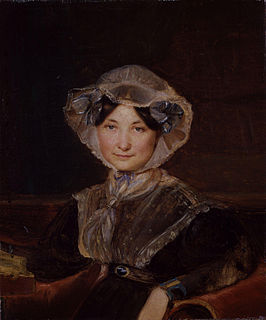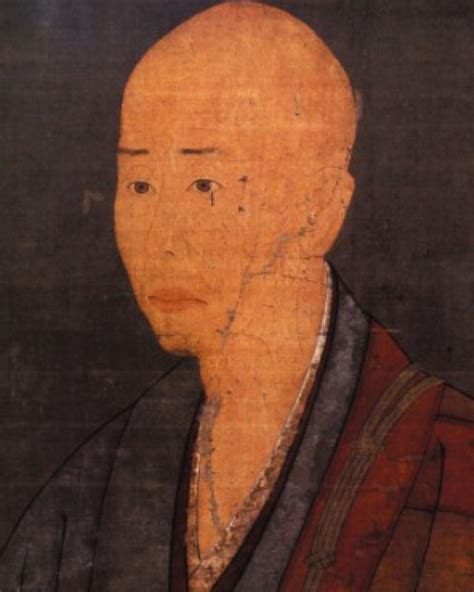A Quote by Robert Browning
I trust in nature for the stable laws of beauty and utility. Spring shall plant and autumn garner to the end of time.
Related Quotes
I trust in Nature for the stable laws Of beauty and utility. Spring shall plant And Autumn garner to the end of time. I trust in God,-the right shall be the right And other than the wrong, while he endures. I trust in my own soul, that can perceive The outward and the inward,-Nature's good And God's.
While we only look at Nature it is fair to say that Autumn is the end of the year; but it is still more true that Autumn is the beginning of the year.... Autumn is the time when in fact the leaves bud. Leaves wither because winter begins; but they also wither because spring is already beginning, because new buds are being made, as tiny as percussion caps out of which the spring will crack.... It is only an optical illusion that my flowers die in autumn; for in reality they are born.
I cannot love evergreens - they are the misanthropes of nature. To them the spring brings no promise, the autumn no decline; they are cut off from the sweetest of all ties with their kind - sympathy. ... I will have no evergreens in my garden; when the inevitable winter comes, every beloved plant and favorite tree shall drop together - no solitary fir left to triumph over the companionship of decay.
To think that the affairs of this life always remain in the same state is a vain presumption; indeed they all seem to be perpetually changing and moving in a circular course. Spring is followed by summer, summer by autumn, and autumn by winter, which is again followed by spring, and so time continues its everlasting round. But the life of man is ever racing to its end, swifter than time itself, without hope of renewal, unless in the next that is limitless and infinite.
All our progress is an unfolding, like the vegetable bud. You have first an instinct, then an opinion, then a knowledge, as the plant has root, bud, and fruit. Trust the instinct to the end, though you can render no reason. It is vain to hurry it. By trusting it to the end it shall ripen into truth, and you shall know why you believe.
My granda always told me that fall's the time to root up something you don't want coming back to trouble you.' Kote mimicked the quaver of an old man's voice. 'Things are too full of life in the spring months. In the summer, they're too strong and won't let go. Autumn...' He looked around at the changing leaves on the trees. 'Autumn's the time. In autumn everything is tired and ready to die.
While, on the one hand, the end of scientific investigation is the discovery of laws, on the other, science will have reached its highest goal when it shall have reduced ultimate laws to one or two, the necessity of which lies outside the sphere of our cognition. These ultimate laws-in the domain of physical science at least-will be the dynamical laws of the relations of matter to number, space, and time. The ultimate data will be number, matter, space, and time themselves. When these relations shall be known, all physical phenomena will be a branch of pure mathematics.
Hinduism is a living organism liable to growth and decay subject to the laws of Nature. One and indivisible at the root, it has grown into a vast tree with innumerable branches. The changes in the season affect it. It has its autumn and its summer, its winter and its spring. It is, and is not, based on scriptures. It does not derive its authority from one book. Non violence has found the highest expression and application in Hinduism.
It is a sad moment when the first phlox appears. It is the amber light indicating the end of the great burst of early summer and suggesting that we must now start looking forward to autumn. Not that I have any objection to autumn as a season, full of its own beauty; but I just cannot bear to see another summer go, and I recoil from what the first hint of autumn means.
How shall we define occultism? The word is derived from the Latin occultus, hidden; so that it is the study of the hidden laws of nature. Since all the great laws of nature are in fact working in the invisible world far more than in the visible, occultism involves the acceptance of a much wider view of nature than that which is ordinarily taken. The occultist, then, is a man who studies all the laws of nature that he can reach or of which he can hear, and as a result of his study he identifies himself with these laws and devotes his life to the service of evolution.
For the religious, passivism [i.e., objects are obedient to the laws of nature] provides a clear role of God as the author of the laws of nature. If the laws of nature are God's commands for an essentially passive world ..., God also has the power to suspend the laws of nature, and so perform miracles.






































